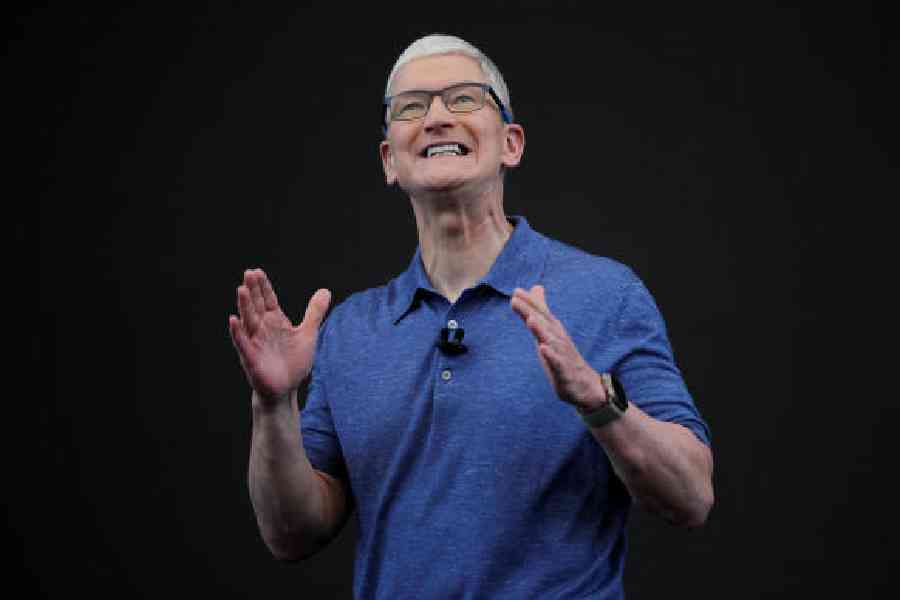Apple is going to use its advantage of having over 2.2 billion active devices globally to distribute its take on artificial intelligence. The company laid out its AI plans during its annual Worldwide Developers Conference at Apple Park, its headquarters in Cupertino.
Instead of deploying buzzy AI to write poetry or generate videos, Apple promises a far more meaningful use of the technology, like summarising notifications and understanding personal context. The suite of features — called Apple Intelligence — will give users focused information when they need it the most. The features will be available as part of its next software updates — iOS 18, iPadOS 18 and macOS Sequoia. “It goes beyond artificial intelligence. This is personal intelligence and it’s the next big step for Apple,” said Apple CEO Tim Cook.
Apple Intelligence will, for example, help you craft emails and rewrite different versions of blog posts you may have written. The technology can understand the context of your emails and put important ones on top. The technology can also generate Genmoji, which is far more customised.
Among the biggest differences customers will feel is via Siri, the company’s virtual assistant. Introduced in 2011, ahead of its rivals, Siri needed a major update to stay relevant. Siri will appear more conversational and personal (instead of one-size-fits-all answers and answering one question at a time), helping with tasks more efficiently, like finding photos, keeping track of plans across the calendar and so on. It will also help keep the iPhone as relevant as it was when Steve Jobs first showcased it in 2007. The iPhone currently takes 85 per cent of global smartphone profits and generates more than $200 billion in sales.
For Apple, its App Store, which generates about $24 billion in annual sales, according to Bernstein Research, is of great importance as it’s a way to encourage developers around the world to come up with cutting-edge apps.
Critical to the success of its AI blueprint is Apple’s thrust on privacy. First, Apple will not build profiles based on user data. Second, the technology will run locally on the device.
Helping the deployment will be a partnership with the Sam Altman-led company OpenAI as well as Apple’s own powerful silicon. The development will give OpenAI access to hundreds of millions of Apple users, who otherwise may not have used generative AI technology like ChatGPT. Further, it diverts the conversation from Google’s Gemini chatbot, which is vying for space with ChatGPT for supremacy in Silicon Valley’s hottest technology.
Wall Street is rewarding companies with clear AI strategies. For example, Nvidia, a maker of AI processors, has seen its stock price triple in the past year, while Microsoft, which has been incorporating OpenAI’s technology and Copilot into its products, is up 28 per cent over the past year.
Apple is not a stranger to AI. For years, it has been deploying smart features in the guise of machine learning as well as investing towards developing its own chips.
(The reporter is in Cupertino on an invitation from Apple, which is taking care of travel and stay.)










